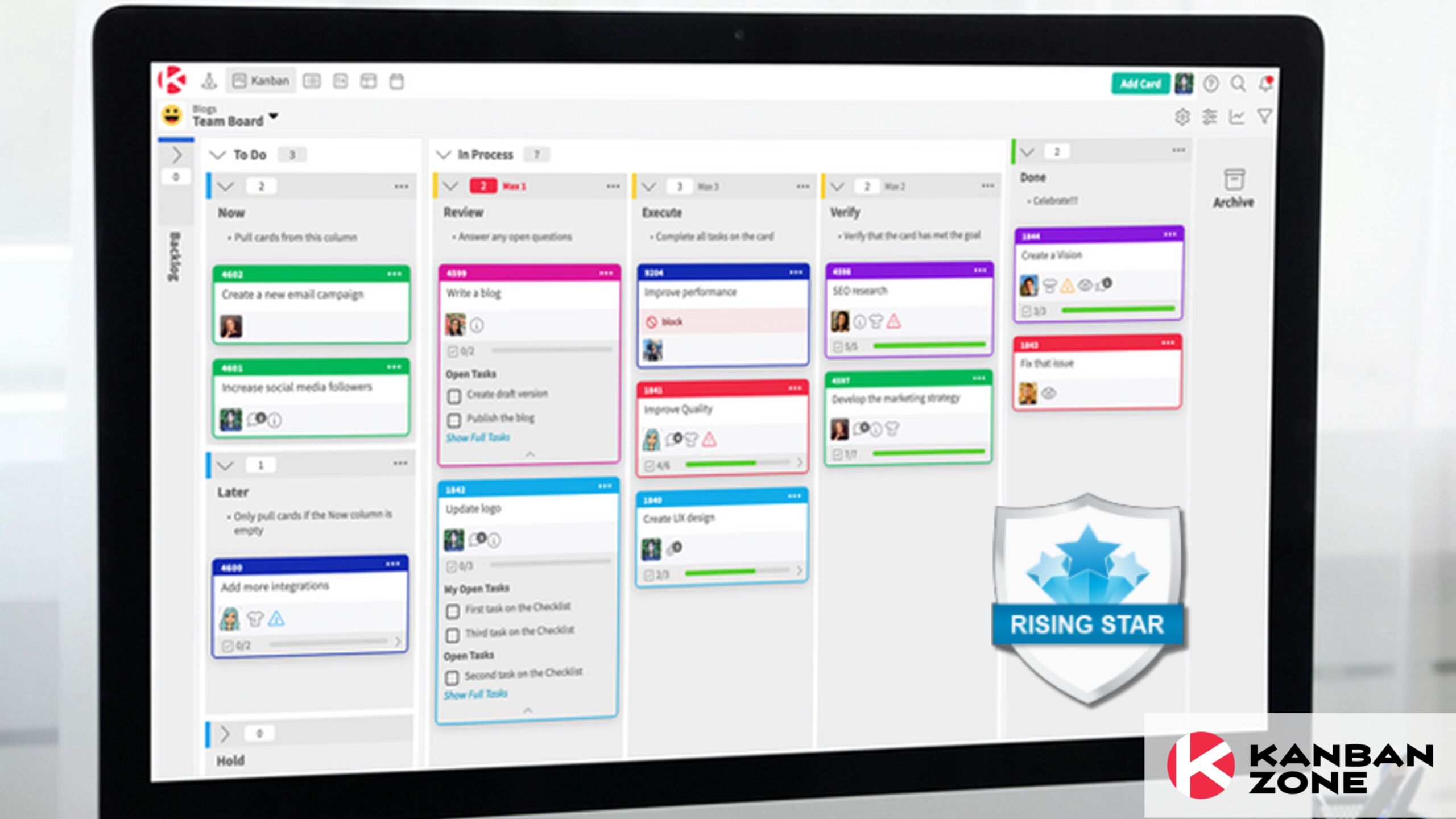
So much has changed in the work landscape in recent years that the management challenges we face today have also evolved. While most of these management challenges will seem familiar, the context in which they are experienced has greatly changed. In this post-pandemic era we live in, remote work has taken its root. And as teams work remotely, managers face new challenges to keep productivity, performance and engagement at high levels.
Top 6 Management Challenges in 2022
We round up the top 6 management challenges company leaders face and what they can do about them.
1. Work Visibility
As we move more permanently towards hybrid and remote work, it’s going to be increasingly difficult to maintain work visibility. The famous phrase, “out of sight, out of mind.” perfectly describes this management challenge. You may find it difficult to stay visible within your teams or even your manager.
If you’re feeling pressured to be more visible and are thinking that you don’t have options since you’re working remotely, don’t fret. What you need to do is to take advantage of every opportunity available. Think of team meetings, one-on-ones, and even non-work activities as prime avenues to be visible. During meetings, make sure you turn on your camera and actively participate in the discussion. Never miss one-on-ones with your direct reports and manager. Socialize with your colleagues whenever possible. Join the non-work banter. And remember to just be available during work hours. This means making sure you’re online on Slack or whatever team communication platform you use. Respond to messages and emails on time.
2. Team Communication
When teams work remotely, team communication takes a hit. It’s one of the most prevalent management challenges that teams face. Remote work makes it easy for employees to isolate and work independently. When this happens, it will be much harder to align on project goals and progress. It’s your job as a manager to ensure team communication is strong and seamless.
Make sure you have the right communication channels in place and have a guideline on what communication channel to use for what. What to use for day-to-day communications? If you’re using Slack or something similar, do you have specific channels to categorize work conversations? When do we need to send an email? What do we use for video conferencing?
Whether working remotely or in the office, ensure you have alignment on team communication so you don’t miss any information.
3. Task Delegation
One of the management challenges that managers and team leaders face is task delegation. But this is where technology becomes your ally. Using a project management or task management application will help you stay on top of your team’s work and ensure they have what they need to get things done.
Online task boards like Kanban Zone help you to delegate, manage, and monitor tasks to your team. You will also get useful reports to plan tasks and manage risks so your project can be on track.

4. Combating Burnout
Most people think that since employees are working at home they are more relaxed and focused to do work. But the reality is this is not always the case. I’m willing to bet it’s harder for most people to concentrate when they’re at home. This is because it’s harder to draw the boundaries between work and personal life.
Think about how a mother juggles tending to her kids while preparing a report she’s due to present in a few hours. It’s quite taxing just imagining it. Some managers even think that since their employees are working at home, they can reach them at any time of the day. If you’re one of those managers that do this, you’ve got to stop. You may be causing burnout for your employees. This is one of the management challenges that leaders must overcome at all costs.
Proactively set boundaries between work and personal life even if your employees work remotely. Honor core working hours and refrain from sending them work-related messages outside these hours. Be sensitive and understanding about their personal situation at home and offer relief when possible.
The more your employees feel that you support them in both their work and personal life, the less they’ll feel burned out.
5. Change Management
Traditional change management approaches will have a hard time sticking in today’s modern work environment. Fast-paced consumer demands, diverse cultures in the workplace, and technological changes are just some of the factors that affect change management in 2022. Overcoming this management challenge requires a change of perspective and the recognition that old ways won’t be as effective.
Instead of doing a top-down approach, change management needs to be more inclusive. Elect change management leadership teams that will assess how change affects employees at every level. This team is also responsible for collectively creating and implementing change policies and procedures.
You also need to be more inclusive when it comes to shaping change within the organization. Encourage open feedback and discourse among employees. Welcome new ideas and suggestions. Change management today also needs to be more results-focused instead of process-driven. Instead of focusing on new skills training to facilitate change management, emphasize your desired outcomes and results then let your employees find out the best way to meet those outcomes.
6. Conflict Management
One of the persistent management challenges that managers need to tackle is conflict management. Handling internal work conflicts can be more challenging in a remote environment. But in any environment, conflict is managed through empathy and communication.
Managers have the responsibility to ensure all parties are heard. Apart from getting personal accounts from parties involved, managers are also encouraged to get facts and data which may be seen from reports, documents, or work conversations. If getting feedback from other employees who may have witnessed or are indirectly involved in the conflict, keep an open mind and treat the information objectively.
When resolving conflicts remotely, ensure that communication is done face-to-face via video conferencing so that genuine discussion can be made. Aim to resolve conflicts fairly and focus on reform and rebuilding relationships.
Manage Remote Teams Better
While remote work poses a challenge in making a more conducive workplace, it is not impossible to cultivate the work culture you desire. A work culture that is inclusive, collaborative, and engaging is the antidote to the challenges that remote work brings. If your work culture exhibits these characteristics, your employees will feel empowered and motivated to work whether at the office or their own homes.
Leverage technology and empower your employees to design a work culture that everyone is proud to be part of. Management challenges will come but as long as you have a strong work culture binding your organization, you will overcome them.
Learn to Work Smarter, Not Harder!
Get our top articles weekly.







